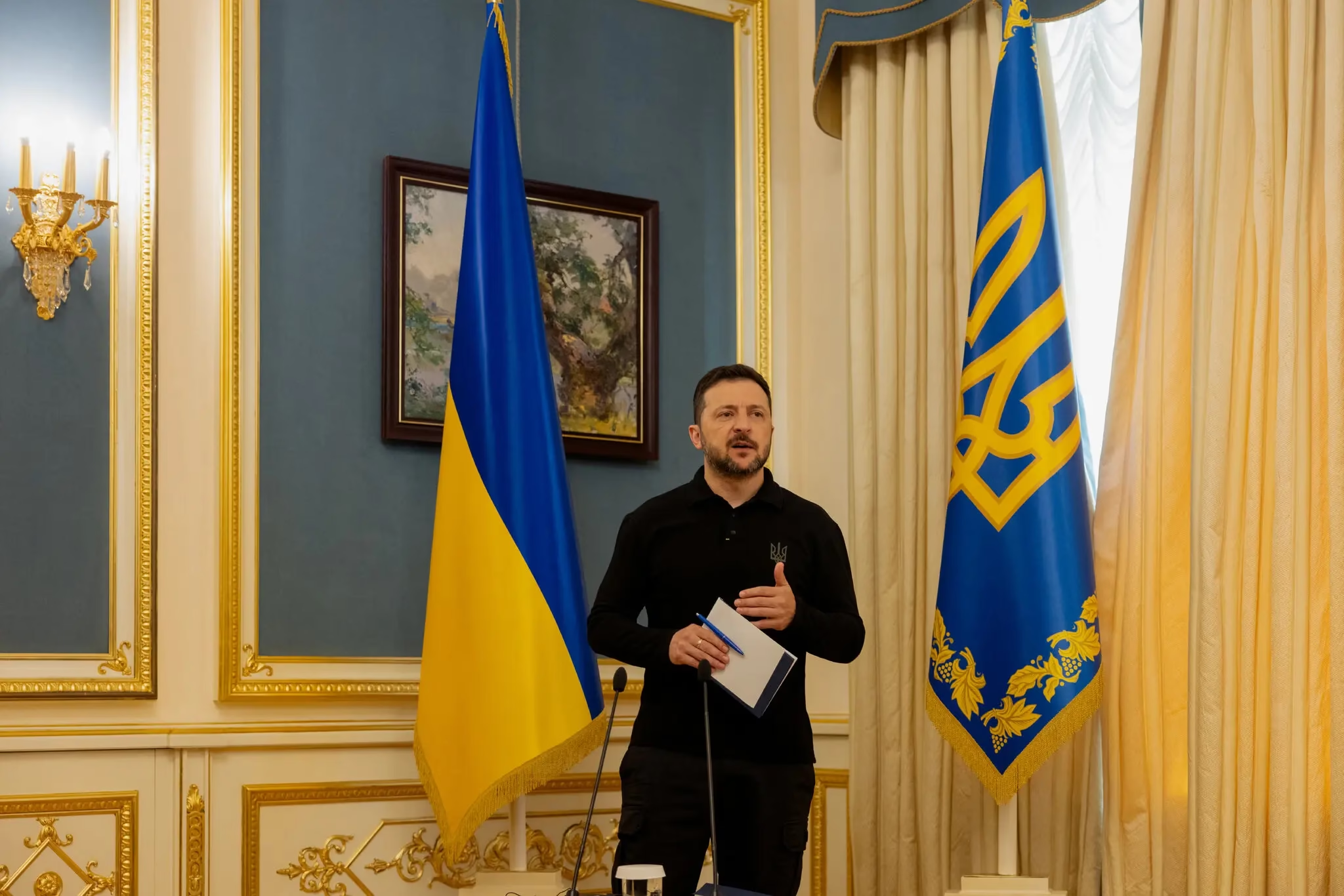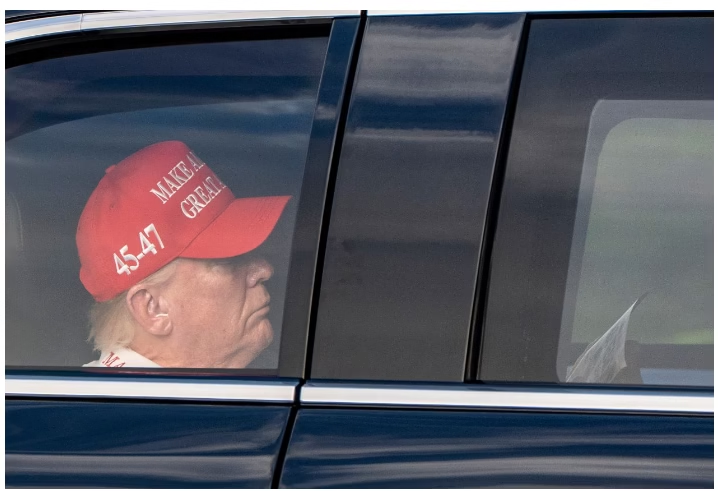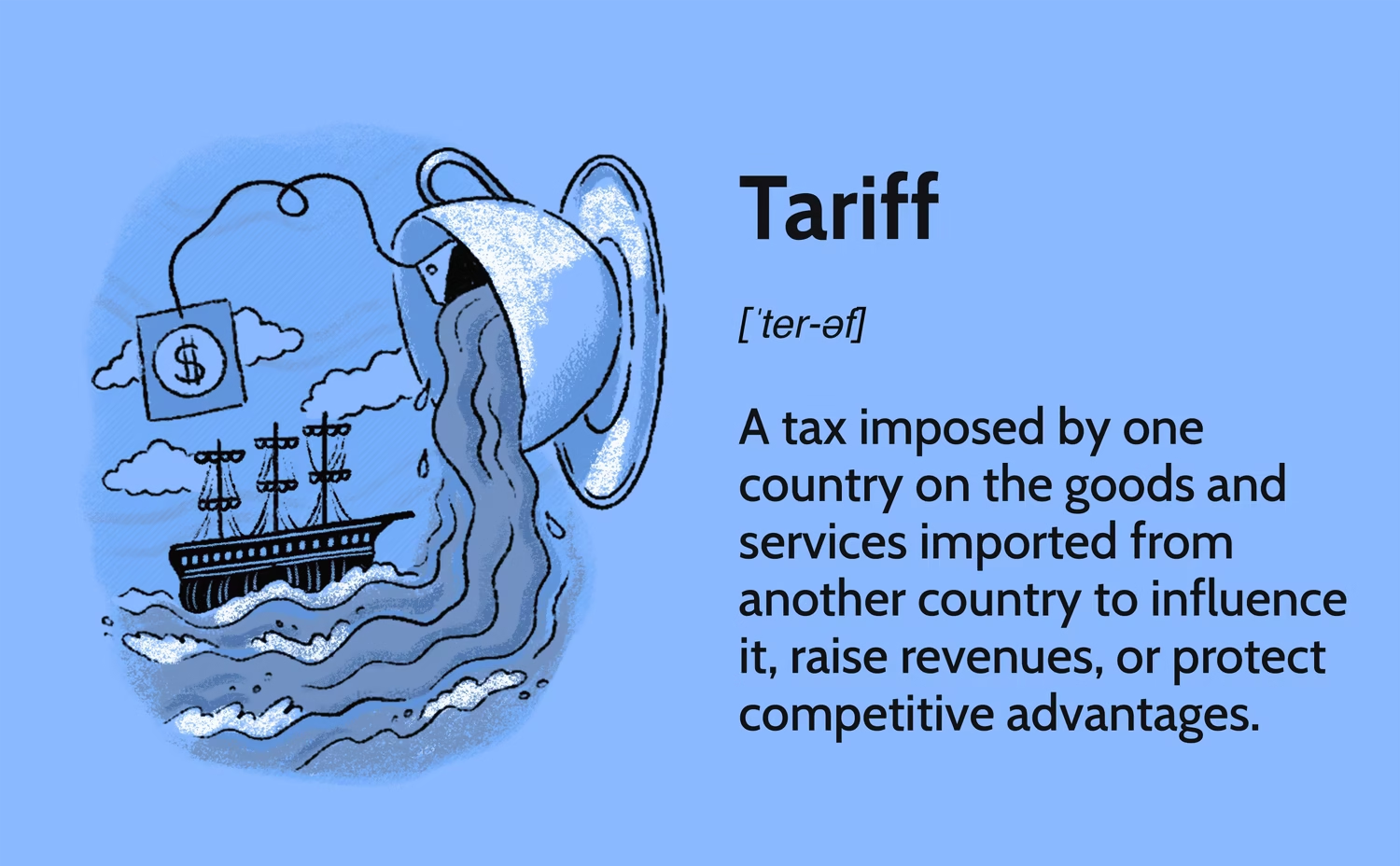In a move stirring both global controversy and domestic debate, President Donald Trump is pressing Ukraine to accept a cease-fire deal heavily skewed in favor of Russia, according to multiple diplomatic sources and recent statements from top officials. The proposed agreement, discussed during a high-stakes round of peace talks in London, reportedly includes conditions that could significantly alter the balance of power in Eastern Europe—leaving Kyiv with little leverage and Moscow with sweeping advantages.
A Peace Deal on the Edge
The talks, held behind closed doors in London and confirmed by the New York Times, were intended to mark a turning point in the ongoing conflict between Russia and Ukraine. But instead of signaling a balanced resolution, the negotiations have sparked intense backlash, particularly from Ukrainian leadership.
President Volodymyr Zelenskyy has expressed serious concerns about the plan, which reportedly calls for the recognition of Russian control over disputed territories and a freeze on Ukraine’s NATO aspirations.
The deal also includes a “security neutrality clause” that would significantly limit Kyiv’s ability to form future military alliances.
“This deal feels more like a surrender than a peace agreement,” a senior Ukrainian official told reporters anonymously. “It compromises our sovereignty and rewards aggression.”
Trump Turns Up the Heat
President Trump, however, appears undeterred. He has ramped up public pressure on Zelenskyy to accept the deal, accusing the Ukrainian leader of endangering the peace process. Speaking during a press briefing Tuesday evening, Trump warned that continued resistance from Kyiv could cause the U.S. to withdraw its support entirely.
“We have worked tirelessly to bring both parties to the table,” Trump said. “But if President Zelenskyy refuses to act in the interest of peace, then we’re not going to keep playing referee. The U.S. cannot bankroll endless war.”
The comments came just hours after U.S. Secretary of State J.D. Vance issued a pointed warning: “If Ukraine and Russia do not come to terms, the United States will walk away. The window for diplomacy is closing.”
Fallout Among Allies and Critics
Trump’s aggressive stance has triggered unease among traditional U.S. allies, particularly within the European Union. Several European leaders are reportedly alarmed by the draft terms of the peace proposal and fear it could legitimize Russian territorial gains while undermining the principles of international law.
German Chancellor Anna-Lena Baerbock voiced “deep reservations” about the deal, while French President Emmanuel Macron issued a statement reiterating France’s support for Ukraine’s sovereignty and territorial integrity.
Critics within the United States are also sounding the alarm. “This is not peace through strength—it’s peace through capitulation,” said Senator Chris Murphy (D-CT), a member of the Senate Foreign Relations Committee. “We are essentially telling a democratic ally to hand over parts of its country in exchange for temporary calm.”
Domestic Distractions
The controversy over the peace deal coincides with growing scrutiny of Trump’s domestic policy decisions. In a parallel development on Tuesday, the president signed a new executive order targeting college accreditation agencies, part of a broader crackdown on what he calls the “higher education cartel.”
Under the order, the federal government will review the practices of accrediting bodies that Trump claims are promoting “ideological conformity” rather than academic excellence. The move is expected to have wide-ranging implications for federal student loan access and university oversight.
Critics argue the timing of the executive order, dropped amid an international crisis, is a strategic distraction designed to shift attention away from the backlash over Trump’s Ukraine-Russia diplomacy.
What’s at Stake for Ukraine
For Kyiv, the stakes could not be higher. Acceptance of the deal would likely require Ukraine to relinquish claims to occupied territories in the Donbas region and potentially codify Crimea’s annexation by Russia—a move Ukraine has fiercely opposed since 2014.
Ukrainian officials remain wary of any agreement that would reward military aggression with political legitimacy. Zelenskyy, in a late-night address, vowed to continue defending Ukraine’s territorial integrity and urged international partners not to abandon the country under pressure.
“We are committed to peace—but not at the cost of our nation’s soul,” Zelenskyy said. “No peace can be built on injustice.”
Growing Divide in Washington
As Trump pushes forward with his peace initiative, fissures are beginning to show within Washington’s foreign policy establishment. Some Republican lawmakers have praised Trump for seeking an end to the war, while others have criticized him for appeasing Russia.
Former Trump National Security Advisor John Bolton called the peace plan “a disgrace” and warned it could embolden future authoritarian aggression around the world.
“If we’re willing to sell out Ukraine, what message does that send to Taiwan? To NATO? To any of our allies?” Bolton said during a cable news appearance.
Global Ramifications
The long-term effects of the proposed deal could be seismic. A peace agreement seen as heavily favoring Russia could reshape the geopolitical landscape and redefine the West’s role in supporting democratic allies. It also risks setting a precedent that military force can achieve political ends with little consequence.
For now, all eyes remain on Kyiv—and whether Ukraine will yield to American pressure or resist in defense of its national sovereignty. Meanwhile, Trump’s diplomatic gamble is adding yet another polarizing chapter to a presidency already defined by its unconventional approach to global affairs.




